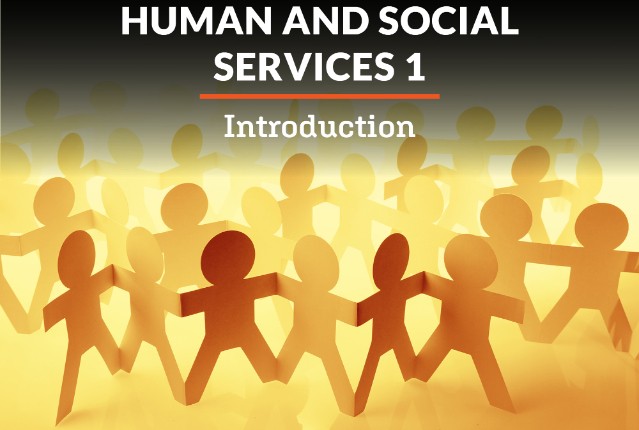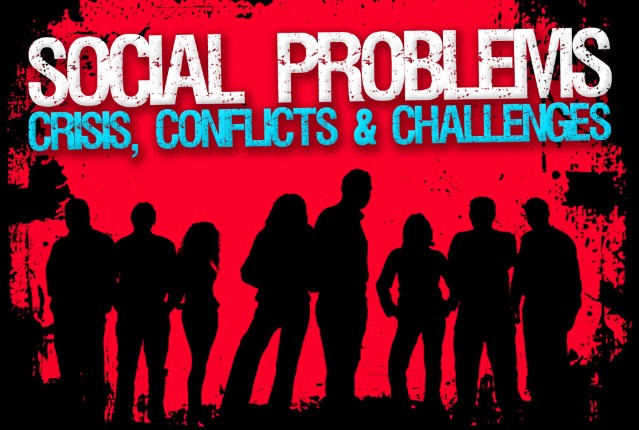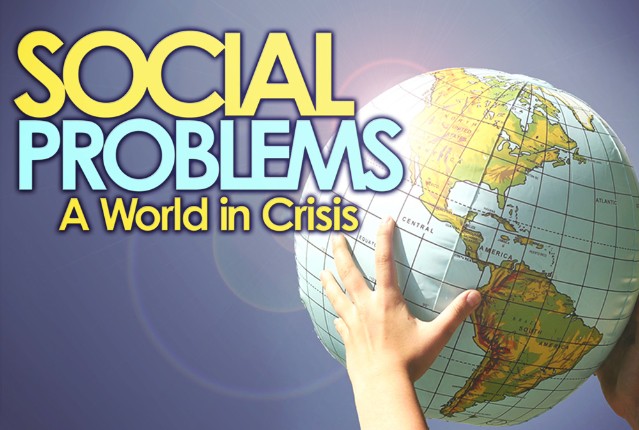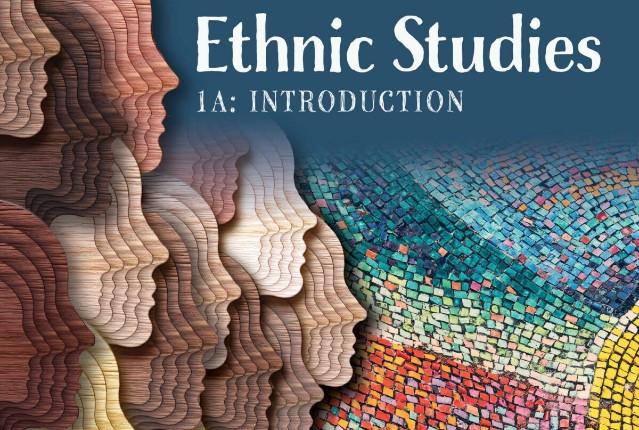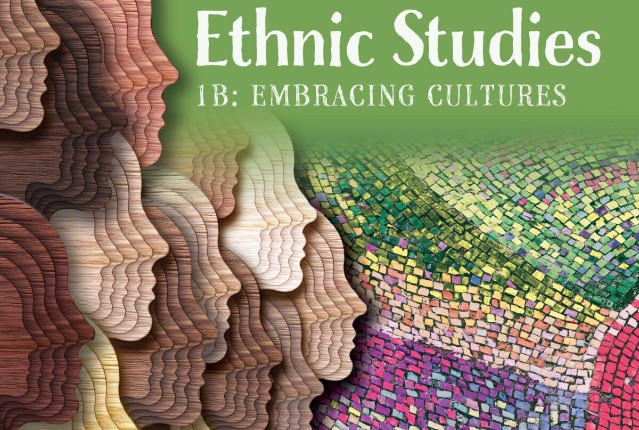
Ethnic Studies 1b: Embracing Cultures
You have studied the big picture of diverse cultures around you, but now it’s time to zoom in and investigate what ethnic studies means to the individual. In this course, you will explore how knowledge of different cultures shapes our views of ourselves, our communities, and the world around us. You will examine the reasons for and outcomes of people moving place to place, mitigation and healing of intergenerational trauma, social movements, alternative futures for marginalized groups, and more. Let’s work to develop a deeper understanding of ethnic studies for ourselves and our peers.
Review course outlineAccess for a year
USD 299.00*
* Choose more courses to get a discount
